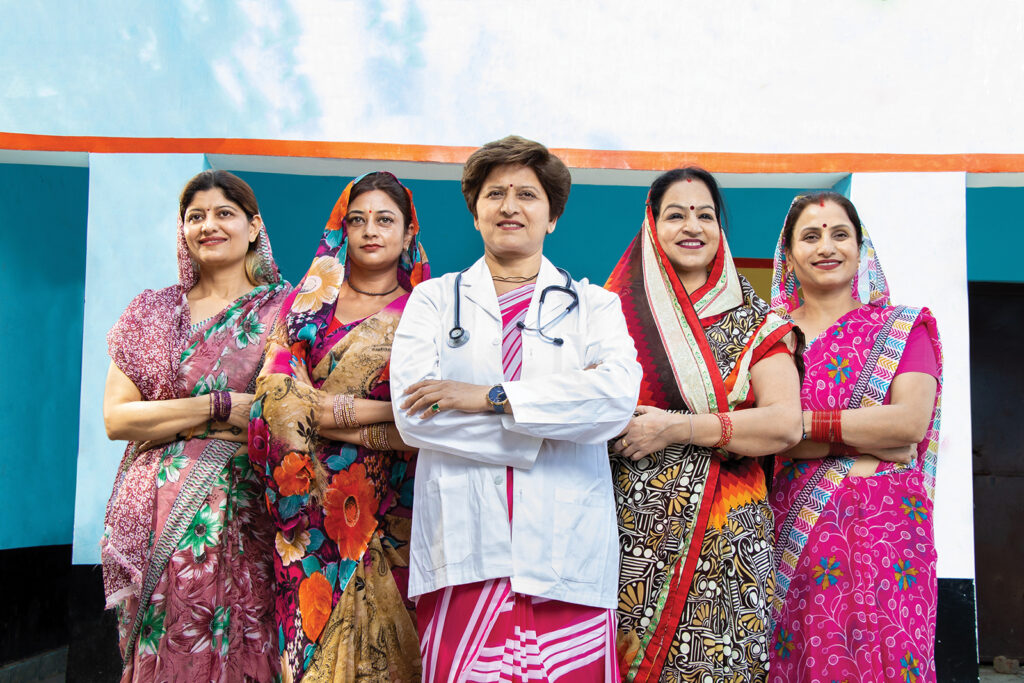Snapshot
COUCH Health partnered with a biopharma company to gain insights into healthcare professional (HCP) and consumer perspectives and barriers towards a self-injectable birth control in low- and middle-income countries.
The insights generated through in-depth interviews, along with COUCH Health’s recommendations for key considerations and actionable solutions, were used to inform a new implementation strategy for a self-injectable contraceptive.
Problem
Cultural norms and religious beliefs in Nigeria, India, and Pakistan may heavily influence the accessibility and acceptance of contraceptive methods, including self-injectable contraceptives.
Fear, pain, and side effects associated with self-injection, coupled with a lack of education among HCPs on specific training techniques, hinder the uptake and prescription of this method.
214 million people able to become pregnant of reproductive age in developing countries who want to avoid pregnancy are not using a modern contraceptive method
Strategy
COUCH Health conducted in-depth interviews across India, Nigeria, and Pakistan with:
- HCPs experienced in family planning services and general practice
- People with a consumer perspective
From the research insights obtained, we:
- Developed a country-specific case study and journey map for both HCP and consumer profiles
- Identified key themes, barriers and considerations
- Provided actionable solutions for the implementation strategy for a self-injectable contraceptive








